When disaster strikes, having your home ready can make all the difference in keeping you and your family safe. It’s not just about stocking up on supplies; it’s about thinking ahead and securing your home so that it can withstand the challenges of severe weather, earthquakes, or other natural events. I’ve learned that preparedness gives peace of mind, and there’s comfort in knowing you’re ready for whatever might come your way. Whether you’re dealing with hurricanes, wildfires, floods, or other disasters, these practical tips can help fortify your home and protect what matters most.
1. Create an Emergency Kit
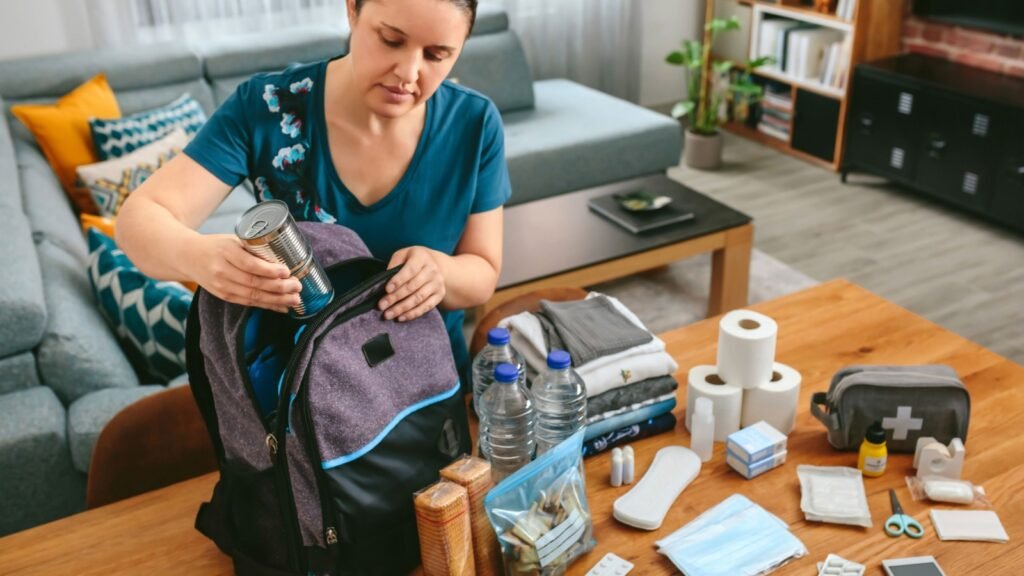
Every home should have a well-stocked emergency kit. Include essentials like water (one gallon per person per day), non-perishable food, flashlights, extra batteries, a first-aid kit, and any medications. Make sure your kit is stored in an easily accessible place so that you can grab it quickly in case you need to evacuate or shelter in place.
2. Secure Windows and Doors
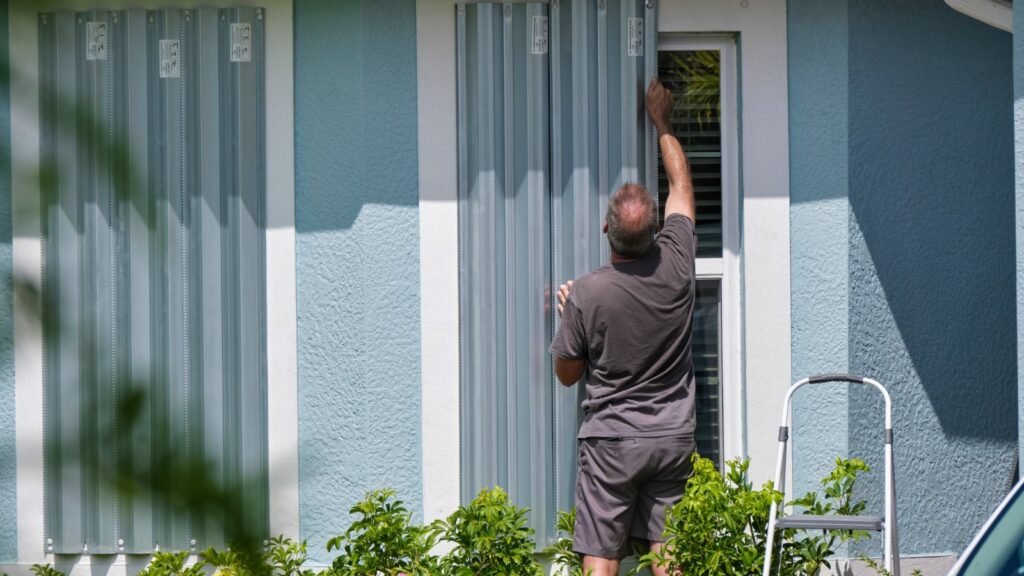
Windows and doors are weak points in any home during a disaster, especially in storms or high winds. Installing storm shutters or reinforcing your windows with plywood can help prevent them from shattering. You should also install deadbolts and heavy-duty locks on all doors to ensure they remain secure in harsh conditions.
3. Install Smoke and Carbon Monoxide Detectors

Fires and gas leaks are common after disasters, especially earthquakes or floods. Make sure you have smoke detectors and carbon monoxide detectors installed throughout your home, and test them regularly. Replace the batteries at least twice a year to ensure they’re always functional.
4. Trim Trees and Clear Debris

Loose branches and outdoor debris can become dangerous projectiles in high winds. Keep trees around your home well-trimmed, and clear your yard of anything that could cause damage if it gets picked up by wind. This will reduce the risk of broken windows or roof damage during a storm.
5. Install a Backup Power Source
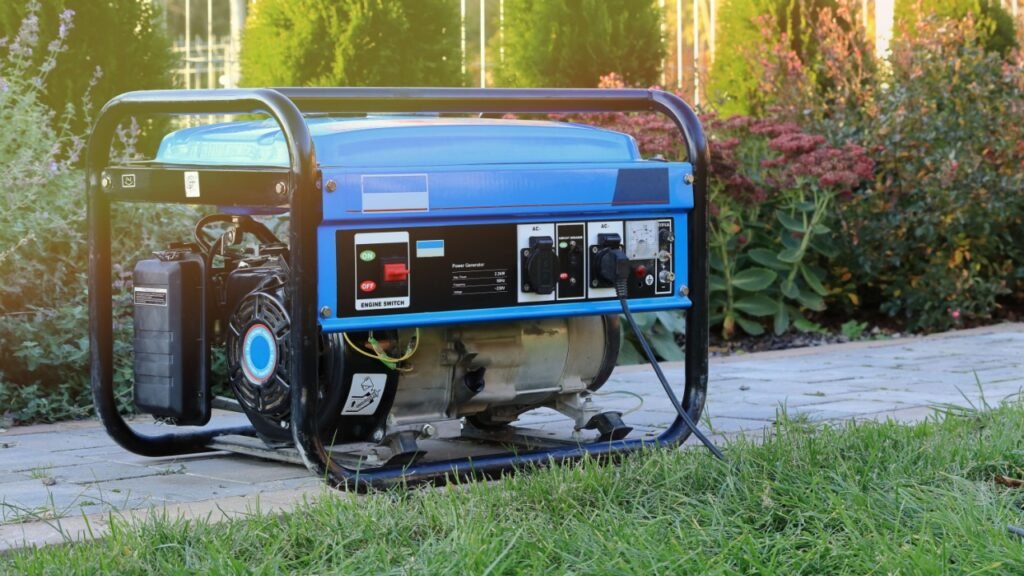
When disasters strike, power outages often follow. Consider investing in a generator to provide backup electricity for essential appliances like refrigerators, medical equipment, or heating systems. A solar-powered generator can be especially helpful as a renewable, long-lasting solution during extended outages.
6. Reinforce Your Roof
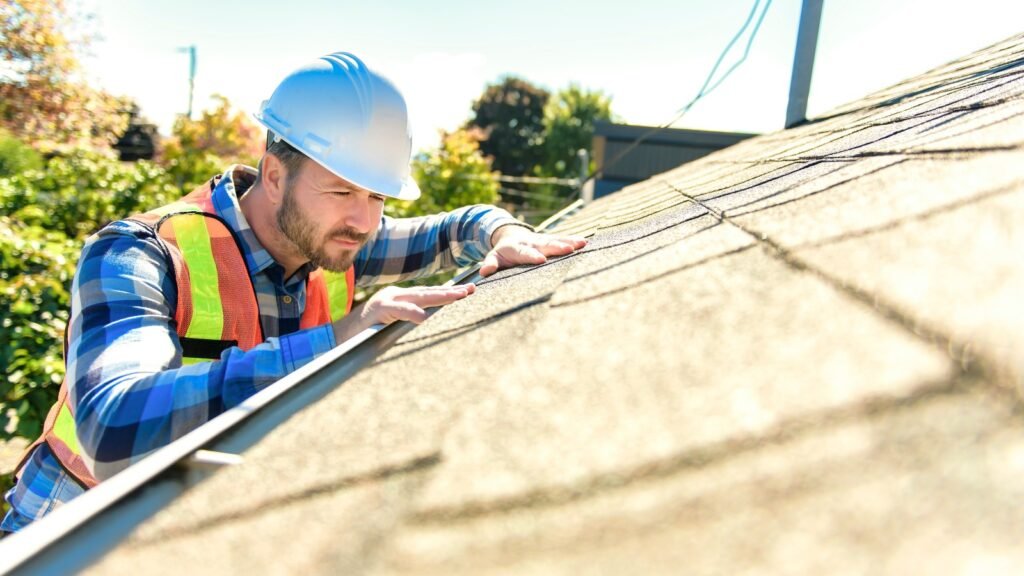
High winds and storms can tear off roofs or cause leaks that lead to significant damage. If you live in an area prone to hurricanes or tornadoes, reinforcing your roof with hurricane straps or wind-resistant materials can help keep it in place. Regularly check for any weak spots, loose shingles, or other areas that may need repairs.
7. Elevate Appliances and Electrical Systems

If you live in a flood-prone area, raising important appliances like water heaters, furnaces, and electrical systems above the potential flood level is crucial. Even just a few extra feet of elevation can save your home from thousands of dollars in damage and keep critical systems running safely during a flood.
8. Anchor Large Furniture and Appliances
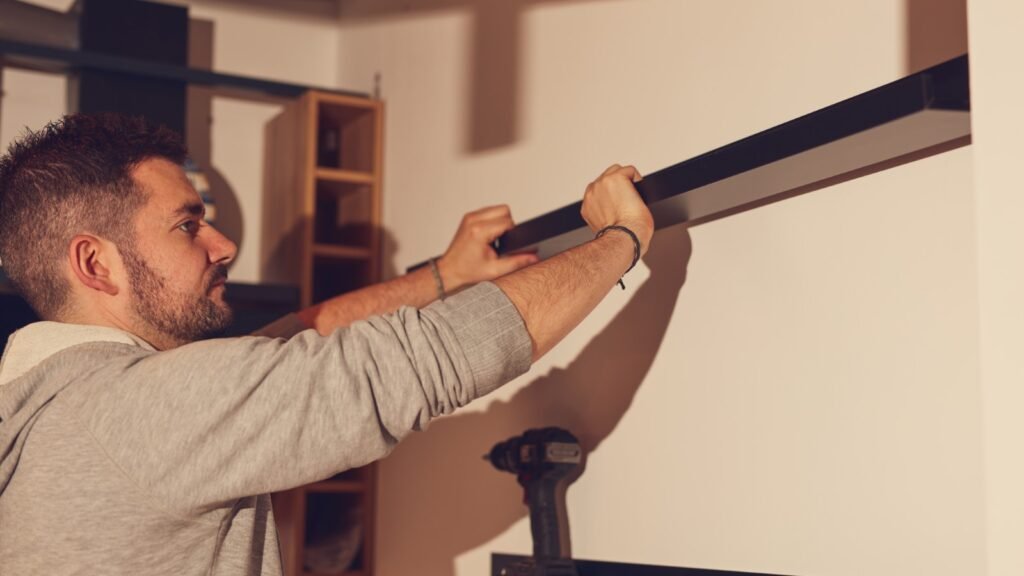
In earthquakes or high winds, large furniture like bookshelves and heavy appliances can tip over, causing injury or additional damage. Use wall anchors or straps to secure heavy items to the wall, preventing them from shifting or falling during a disaster. This simple step can significantly reduce risks in your home.
9. Prepare for Water Damage
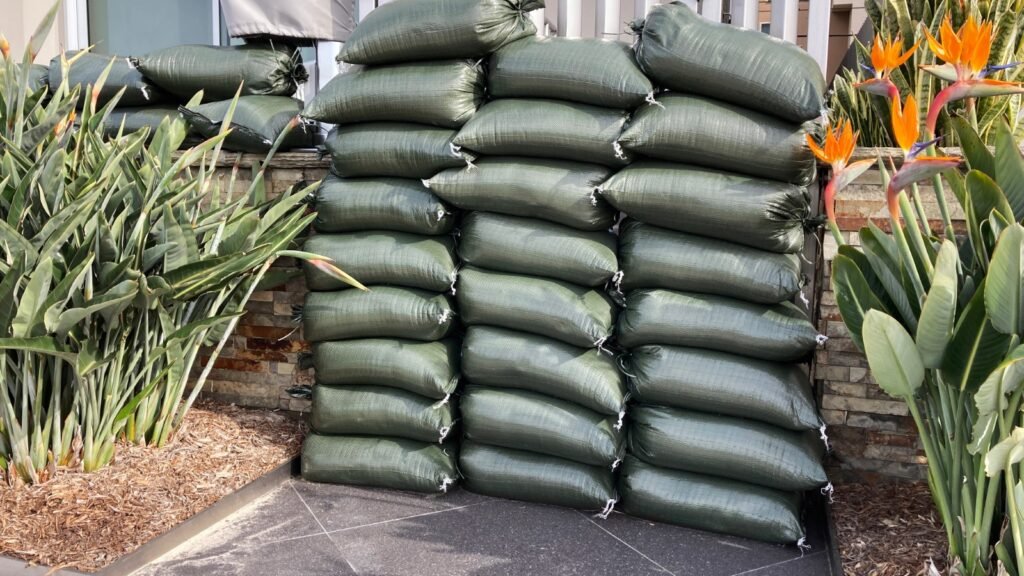
Floods are one of the most common natural disasters, and even a small amount of water can cause extensive damage. Use sandbags to block potential entry points for floodwaters, such as doorways and garages. Also, check your basement or foundation for cracks and leaks, and seal them to prevent water from getting in.
10. Set Up a Fire Safety Plan
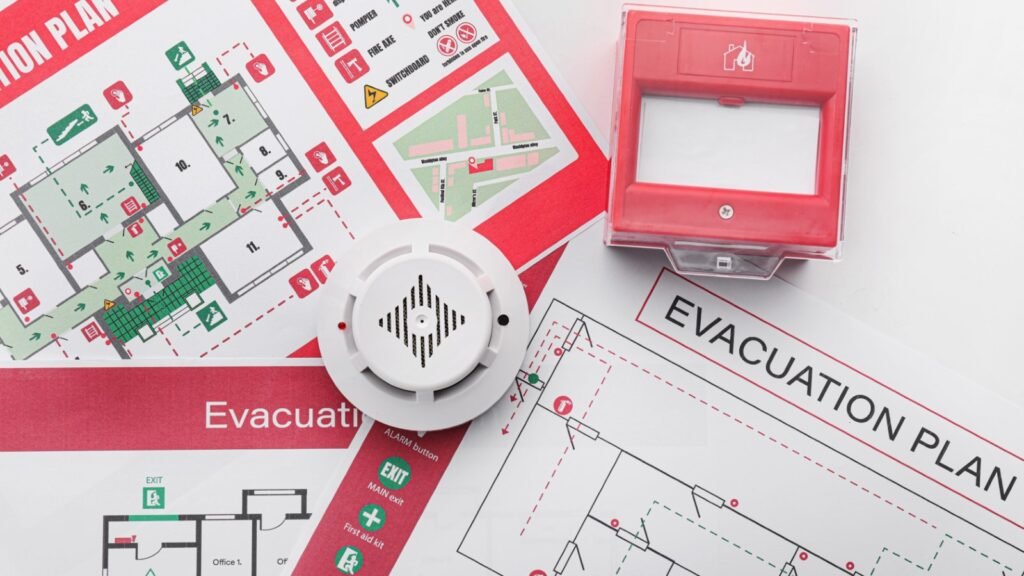
Wildfires can spread quickly, leaving little time to react. If you live in an area at risk, create a defensible space around your home by clearing away brush, dead trees, and anything flammable. Also, have an evacuation plan in place so your family knows exactly what to do if a fire gets too close.
11. Store Important Documents Safely
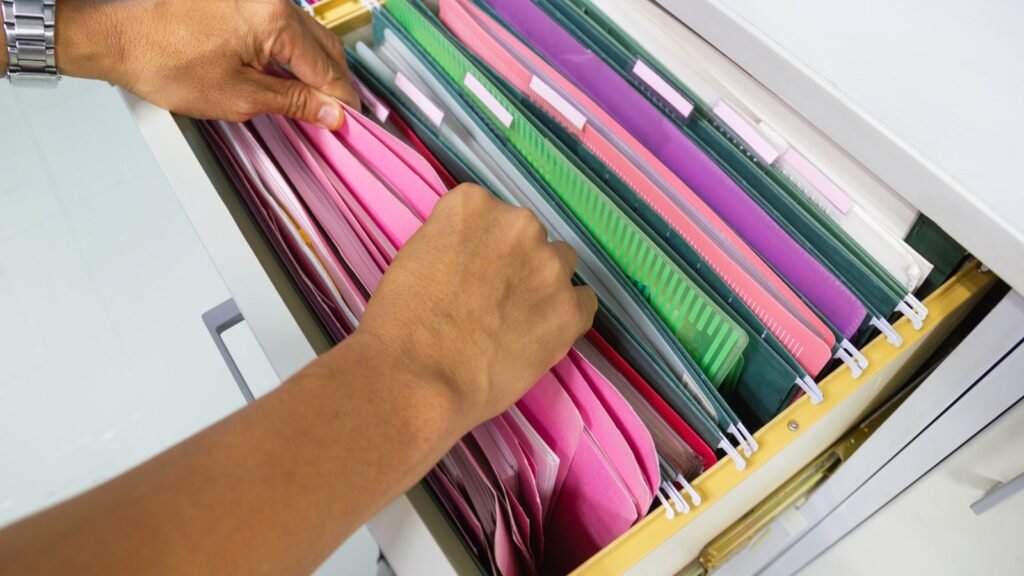
Your important documents, like birth certificates, insurance papers, and property deeds, should be stored in a waterproof and fireproof container. This will protect them from damage in the event of a flood, fire, or other disasters. Keeping digital copies in the cloud can also give you access to them if you’re displaced.
12. Know How to Shut Off Utilities
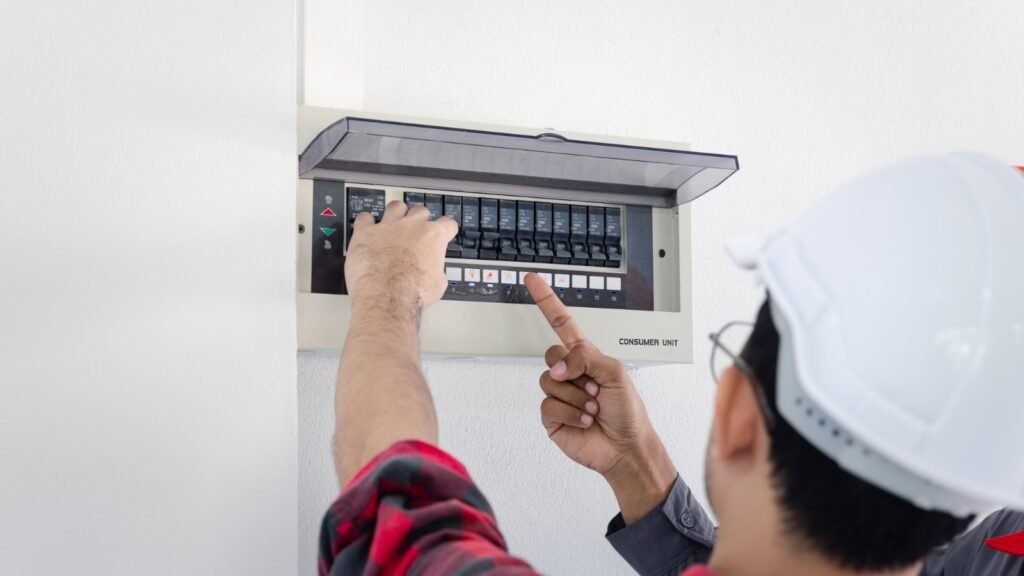
Knowing how to turn off your home’s utilities—water, gas, and electricity—can prevent serious damage or danger during a disaster. In earthquakes, gas leaks are common, and electrical systems can become hazardous during floods. Ensure everyone in your household knows where the shutoff valves and switches are located and how to use them.

